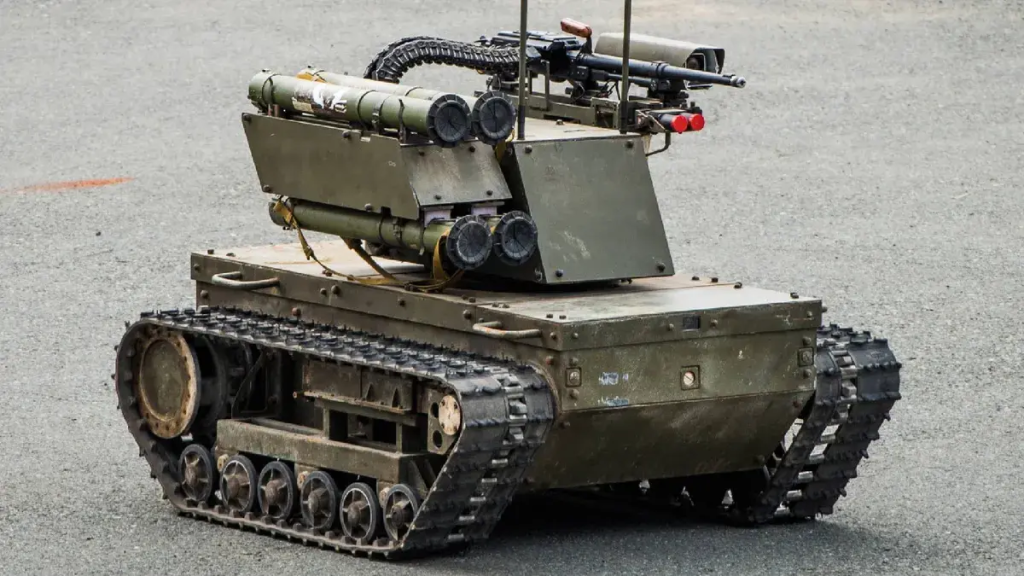The increasing presence of armed robots and drones in various sectors, including the military, law enforcement, and industry, has raised significant ethical and legal concerns. These machines, capable of autonomous or semi-autonomous operation, have the potential for misuse, accidental harm to civilians, and questions of accountability. In response to these concerns, a coalition of legislators, human rights organizations, and robotics industry leaders in Massachusetts is pushing for groundbreaking legislation to outlaw the use of armed robots, drones, and uncrewed devices outside of specific exceptions.
Armed robots, often operated remotely by humans, pose unique challenges due to their capacity for destruction while keeping human operators at a safe distance. This is particularly evident in military drones, where operators control both the aircraft and its weaponry from afar, exacerbating the risks to civilians.
Furthermore, some armed robots possess partial autonomy, making decisions based on pre-programmed commands and sensor data. Certain military robots, for instance, can navigate terrain and engage targets independently, further complicating ethical and legal considerations.
The ethical and legal dilemmas associated with armed robots encompass concerns about misuse, unintended harm to civilians, and issues of accountability. Efforts are underway to establish regulations and laws governing their deployment to mitigate these risks. However, Massachusetts stands out by attempting to outright ban these technologies, as reported by the American Civil Liberties Union (ACLU).
A diverse group of stakeholders, including Massachusetts legislators, human rights advocates, and robotics industry executives, is rallying behind legislation that seeks to criminalize the use of armed robots, drones, and uncrewed devices in non-exempted circumstances.
State Senator Michael Moore, the driving force behind the bill, emphasized the need for “reasonable guardrails” to prevent public harassment and unauthorized weaponization of robotic technology. He also stressed the importance of bolstering public trust in law enforcement through responsible regulation. Moore expressed hope that this legislation could serve as a model for other states and jurisdictions.
The proposed law carries penalties ranging from $5,000 to $25,000 for those who violate its provisions. Notably, the legislation does not apply to the U.S. military, its contractors, law enforcement personnel responsible for explosives disposal, or commercial entities conducting tests on anti-weaponization technologies.
However, the bill introduces strict requirements, including obtaining a warrant when a robot accesses private property, except in emergency situations. It also mandates that law enforcement agencies must adhere to Massachusetts’ public records legislation by making information on their use of advanced robotic technology publicly available.
Tom Ryden, Executive Director of MassRobotics, the largest robotics innovation hub in the U.S., emphasized the positive role that robots play in enhancing human lives and expressed support for the bill’s objectives.
The ongoing debate and scrutiny surrounding armed robots underscore the critical need to address the ethical and moral implications of granting machines the authority to employ lethal force.
As technology advances, society must navigate these complex issues and establish safeguards to ensure that decisions involving lethal force remain within human control.

